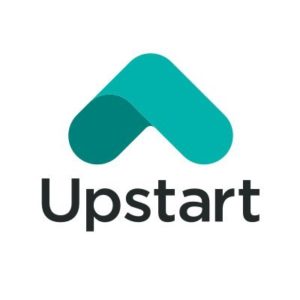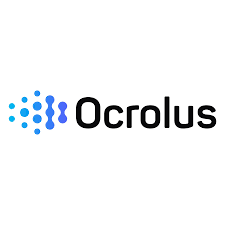According to a 2019 survey by Bankrate, 58% of millennials were denied at least one type of financial product due to their credit score. A lot of young Americans are being denied the financial support they need because of a bad credit score. While a credit score may be important, they are often not a fair and accurate indicator of an individual’s ability to pay back credit. Previously, one’s credit score is a make or break in the world of loans. 28-year-old entrepreneur Paul Gu is trying to change that with his company, Upstart.
Upstart is an online lender that aims to help people erase credit card debt. However, they do more than a traditional lending firm. Upstarts underwrites loans with quite unconventional data. For example, while a traditional lender may heavily weight credit score and income, Upstart factors data such as SAT scores, college majors, and college grades into the underwriting process. With this model, Upstart approves 27% more applicants than a traditional model, according to a CFPB study. Upstart analyzes this data using machine-learning. There has been a rise of the use of artificial intelligence by financial institutions, as seen in online approvals, robo-advisors, and technologies such as Ocrolus. Upstart’s loans also feature next-day funding and no prepayment penalty.
Paul Gu’s untraditional new method may significantly change the way loans are written in the future. If people flock to a more lenient approval system, other lenders may have to lower their approval thresholds by lowering standards or factoring in other customer data, like Upstart. Paul Gu’s forward-thinking actions have created an interesting and potentially revolutionary new method for approaching consumer loans. With his creation, many more honest people with bad credit scores will be able to pay off their credit card debt. Time will tell if his method will stick and other lenders will follow suit. Regardless, it will be interesting to see what Gu does next.










